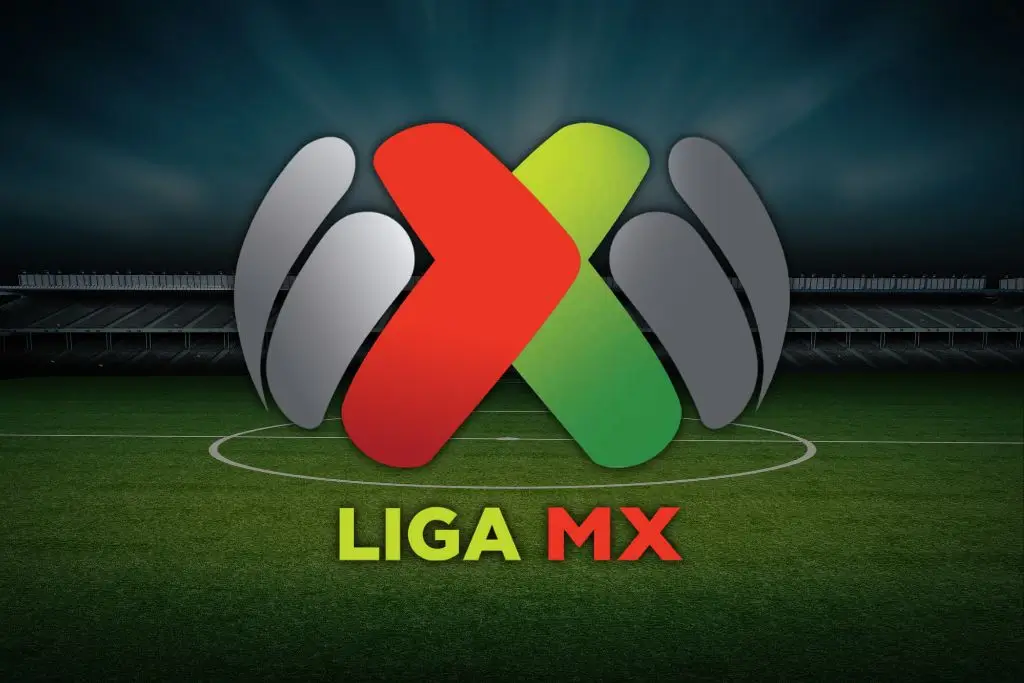Read more about the history of the Champions League and find out what will change in the competition's new format from next season.
Adverts
The Champions League is one of the most prestigious events for football lovers, mainly because it has been Europe's premier club competition since it was founded in 1955 to determine the best club on the European continent.
Every season the tournament is marked by great matches, unforgettable moves and moments, and as one of the biggest competitions in the world, the Champions League attracts not only viewers, but players too.
The dream of almost all players these days is to win a place in a European team, which will bring more recognition and also more value.
Adverts
For a team to take part in the Champions League, it has to be one of the best. The championship is made up of the best clubs from Europe's national leagues.
In addition to the national clubs, it also includes the champions of the top leagues and the teams that qualify through their positions in the national leagues or win continental tournaments such as the Europa League.
In addition to the prestige of winning the competition, clubs receive significant financial rewards for their participation and performance in the Champions League, distributed on the basis of their performance in the different stages of the competition.
You might be interested:
- Football rules: take the quiz and test your knowledge
- Rules in Football: would you make a good referee?
- The Main Football Championships in Latin America
Although the format of the competition appeals to most, UEFA's Executive Committee has announced the implementation of a new format for the competition, which will definitively abandon the group stage system and establish just one league with 36 participants.
Check out all the changes that will take place in the league from next season onwards, and discover some curiosities about the Champions League.
Quick Index:
Champions League: the championship
The UEFA Champions League is the main football club competition in Europe and one of the most prestigious in the world.
Founded in 1955 as the European Champion Clubs' Cup and renamed the UEFA Champions League in 1992, the competition was created to determine the best football club on the European continent.
The UEFA Champions League is known for providing moments of great emotion and drama, with thrilling twists and memorable matches. The best players in the world compete for European glory, creating a unique and exciting atmosphere in every game.
The participants in the UEFA Champions League are the best clubs from the European national leagues. This includes the champions of the top leagues, as well as the teams that qualify through their positions in the national leagues or by winning continental tournaments such as the Europa League.
You may be interested:
- Antivirus: Is it worth investing in one?
- McAfee Antivirus: Is it worth it?
- Norton Antivirus: protect your devices
Global impact
The Champions League attracts a significant global audience and is a showcase for some of the best players and teams in the world.
The matches are broadcast to millions of viewers around the world, generating huge broadcasting revenues for UEFA and the participating clubs.
In addition, the competition has a major economic and cultural impact, boosting tourism and the economy of the cities that host the games.
Read more: How to watch football on your mobile phone
Competition format before the change
The competition consisted of several phases, starting with the group stage. The participating clubs are divided into groups, where they play back-to-back matches against the other teams in the group.
The top two teams in each group advance to the round of 16, followed by the quarter-finals, semi-finals and finally the final.
All the knockout stages are played in return legs, with the exception of the final, which is played in a single match at a predetermined neutral stadium.
Prizes
In addition to the prestige of winning the competition, clubs receive significant financial prizes for their participation and performance in the Champions League. The prizes are distributed on the basis of performance in the different stages of the competition.
Champions League 2024/25
UEFA's Executive Committee has announced new changes to the Champions League from 2024, which will bring changes not only to the format of the competition, but also to the distribution of places and more. Here's a summary of what's changing in the new Champions League:
New format
- Abandonment of the group stage system.
- Participation of 36 clubs in a single league.
- Eight matches against eight different opponents, half at home and half away.
Distribution of the 4 additional vacancies
- Additional places based on club performance and national federation coefficients.
- Inclusion of third place for a federation, national champion and two best federations in terms of collective performance.
Champions League knockout stage
- The top eight teams automatically advance to the last 16.
- Teams between 9th and 24th compete in an elimination play-off.
- Pairings based on the final league stage standings.
Changes in the Europa League and Conference
- Both will have 36 teams in the league phase.
- Eight games in the Europa League and six games in the UEFA Conference League.
Calendar for the Three Competitions
- The Champions League and Europa League will play from September to January, while the Europa Conference League will play from September to December.
- Each competition will have its own exclusive week of matches.
Benefits of the new format
- Greater team involvement and high-level matches earlier in the competition.
- Competitive balance, with more opportunities for all teams.
- Financial commitment to European football and solidarity with non-participating clubs.
Champions League curiosities
Among the European teams competing in the competition, Spanish clubs lead the way in terms of number of wins with 19 titles, followed by England with 15 titles and Italy with 12 wins.
In all, 23 clubs have won the competition, with 13 of them winning more than once and 8 teams successfully defending their title.
Real Madrid: is the club with the most titles in the history of the competition, with 14, including the first five seasons.
Bayern Munich: the only club to win all its matches in a single edition of the Champions League in the 2019-20 season.
Manchester City: is the reigning European champion, winning the championship in 2023 and claiming its first title.
Conclusion
With the new format from 2024/25, the Champions League seeks to evolve to meet the demands of the modern game, promoting greater competitiveness, more opportunities for clubs and an even more engaging experience for fans.
The changes announced by the UEFA Executive Committee reflect a commitment to maintaining the Champions League as a benchmark in the world of football, while also aiming to strengthen European football as a whole.
With these transformations, the UEFA Champions League is ready to enter a new era of excellence and excitement, while maintaining its status as one of the world's greatest competitions.
Here's how to watch all the Champions League and other championship matches:
Read more Football on your mobile phone: best apps


















